Nigeria’s exchange rate at the black market is determined by several players and middlemen leading to a rapid depreciation of the exchange rate at levels thought to be devoid of market reality.
Ever since the Central Bank of Nigeria’s clampdown of AbokiFX (the website that curates parallel market exchange rate) last year, buyers and sellers of forex have struggled to find a reference point for what the actual exchange rate should be.
Some BDC operators who spoke to Nairametrics lament that the lack of transparency in how these rates are determined, is causing a huge arbitrage in the market that has cost several traders millions of naira in losses.
“Before now, buyers and sellers visit AbokiFX and accept whatever rate that is published there as a reference point. But since the clampdown by the CBN, we no longer know where to reference.” A top BDC operator who preferred anonymity lamented when he spoke to Nairametrics.
They also quickly admit that while the central bank may have had the right to clamp down on the parallel market website over price-fixing allegations, the ban has created a void in a major aspect of forex transactions. How to fill this void is what some of the operators who spoke to Nairametrics want to address urgently.
The void however means several players with different rules determine their own exchange rate causing a price disparity that only leads to a further depreciation of the naira at a pace that is often viewed as not reflective or market reality.
Disparate Rate Fixing
According to some of the traders, exchange rates are currently fixed arbitrarily by anyone without any formula and neither does this interplay between demand and supply help determine an efficient price.
- According to a trader, price-fixing is disparate no one knows for sure how each of the players determine the rate.
- “The risk is that you are not sure whether you are buying at the right price and when you sell you also do not know if it is at the right or wrong price.” – an operator told Nairametrics.
- Without a properly regulated forex market with limited capital controls, it is unlikely that these challenges will be resolved.
- There are so many operators operating with so much veil, the market is anything but efficient.
So who are the operators and how is the rate determined?
Operators that determine black market exchange rates
Parallel Market operators who sell on the streets determine their prices simply by adding a premium on the prevailing exchange rate regardless of how much they bought it for.
- An Aboki can just set the price he likes and hopes that anyone buys it at that price.
- An Aboki can sell at different prices within an hour depending on who is willing to transact.
- Prices within Lagos are also different depending on whether it is on the mainland or island.
- Inter-state prices are also very different on the streets.
It is a different tale for intrabank transfers where sellers with forex deposited in their bank account with transfer to buyers who also have domiciliary bank accounts in the same bank.
- When applying the exchange rate, the sellers include an additional premium for bank charges on transfers as well as other arbitrary expenses they incurred in sourcing the forex and making the transfers.
- Sellers on this market often determine their price based on hearsay or via brokers who also add their margins to facilitate the transactions.
Inflows – For transactions between account holders with deposits in different banks, transactions are only possible if the seller has forex that is designated as an inflow.
- An inflow means the forex was transferred into the depositor’s account rather than an over-the-counter physical cash deposit which is restricted.
- For interbank transfers such as this, the premium also includes all transfer charges, extra cost for an “inflow” sourced cash, and any amount the owner of the cash wishes to add to facilitate the transfers.
- There are also brokers in between who help match buyers and sellers and add an extra naira or two to the rates that are finally settled.
Overseas transfers are a different kettle of fish. From our findings, the exchange rates used are determined by the region where the transfers are meant to be terminated.
- Cross-border transactions that see the buyer receive in Europe or Asia are more expensive when the transfer is coming from the United States.
- Transfers within European accounts also attract other fees and charges especially when the United Kingdom is in the mix.
- Charges terminated in any bank in Europe are incurred on the part of the transferee and transferor. The transferring bank will charge and the European beneficiary bank will also charge.
- The final exchange rate is also increased by middlemen or brokers who add their own margins.
International Money Transfer Operators (IMTOs) – these are the recognized official channels for fore transfers in Nigeria and in several other countries.
- IMTOs are regulated by the CBN, however, checks by Nairametrics reveal they also do not buy or sell using the official exchange rate.
- In most cases, they do not have forex and when they do, they demand cash in Naira rather than via transfers.
- A source suggests this may also be a convenient way to avoid probing by the central bank.
- The IMTOs also set their exchange rates based on their terms.
Financial Intermediaries are also financial intermediaries who operate in foreign countries such as the United States, Canada and in Europe.
- Operating mostly via mobile apps, they allow Nigerians in the diaspora to buy or sell forex in exchange for remittances to their families in Nigeria.
- To facilitate these transactions, they open several bank accounts with local banks in Nigeria through which remittances are made to their Nigerian beneficiaries.
- Just like the other options, these intermediaries set their exchange rate daily but do not disclose how it is done.
- They also charge transaction fees and often attract a premium for the exchange rate used.
Cryptocurrencies also offer another alternative form of determining exchange rates via popular exchanges such as Binance.
- In Binance, traders go on the platform to post the rates at which they wish to sell forex even though stablecoins such as USDT are being used as the means of exchange.
- Users of the platform for forex transactions can always see the prevailing prices on a timely basis.
- Perhaps the most transparent exchange rate determination tool, prices are still determined arbitrarily as the exchange does not regulate how the price
The proliferation of exchange rates in Nigeria will likely persist until there is a formal market where the currency can be traded freely. Whilst this might not immediately lead to a stable exchange rate market, it is more likely to improve liquidity and transparency in an increasingly risky and opaque market.



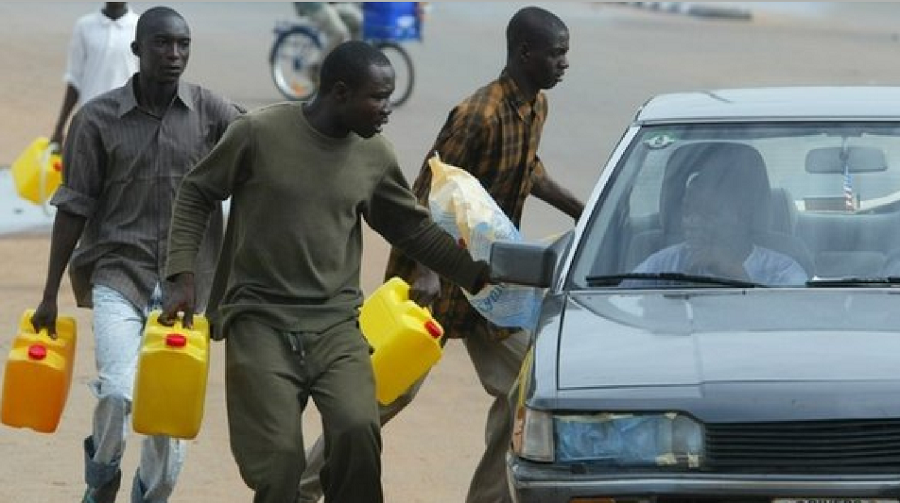




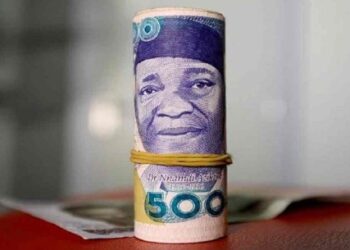
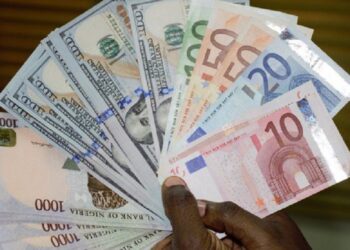
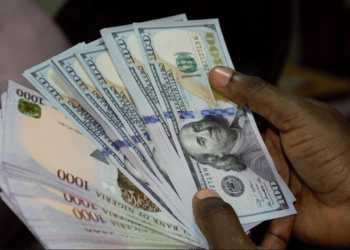
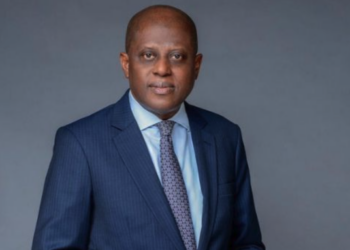








In as much as it was such a widely accepted and utilized resource, rather than proscribe, the CBN should have instead co-opted and formalized the AbokiFX method.
I wish you had written a more elaborate paragraph on how to curb the opaqueness in the black market. Maybe you can do that in the next article. You should state the pros and cons for a régulation of the black market exchange rate in Nigeria.